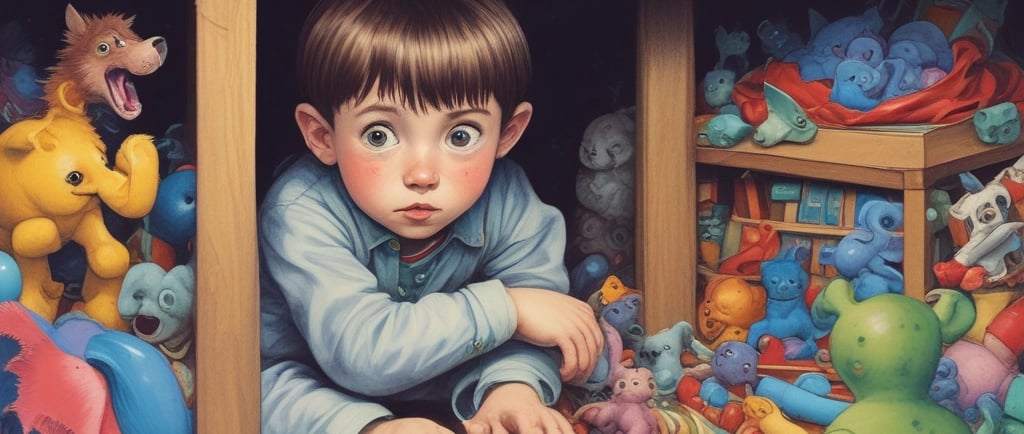Can childhood experiences lead to validation seeking from toxic persons?
What if we end up seeking validation from toxic people who behave inconsistently because for some of us that feels 'normal' due to similar experiences in childhood?
The Healing Space
6/4/20252 min read


Many people who fall into toxic validation loops are actually reenacting old emotional wounds, often without realizing it. Here are some common childhood experiences that can lead to this dynamic later in life:
Childhood Roots of Toxic Validation Loops
1. Conditional Love or Approval
“I only get love when I perform, behave, or please others.”
When love or praise was tied to achievements, appearance, obedience, or being "good," you may have learned that your worth is earned, not inherent. In adulthood, this can turn into chasing validation through people who make you feel like you constantly have to prove yourself.
2. Emotionally Unavailable or Inconsistent Caregivers
“Sometimes they loved me, sometimes they didn’t—it depended on their mood.”
When parents or caregivers were hot-and-cold with attention or affection, it can wire the brain to expect intermittent reinforcement in relationships. This makes toxic dynamics feel oddly familiar—like home, even if they hurt.
3. Neglect or Emotional Abandonment
“My feelings didn’t matter, or weren’t noticed.”
If your emotional needs were ignored or minimized, you may grow up craving to be seen—even if the person seeing you is toxic. The belief becomes: any attention is better than none.
4. Parentification (You Had to Be the Caregiver)
“I had to take care of them—emotionally, physically, or mentally.”
This makes people feel responsible for others' emotions. As an adult, you may attract toxic partners or friends who drain you, because you feel like it’s your job to “fix” them or earn their love through sacrifice.
5. Criticism, Shame, or Unrealistic Expectations
“I was never good enough. I had to be perfect.”
If your worth was constantly questioned or compared, you may grow up chasing approval from emotionally unavailable or critical people—trying to "finally feel enough."
6. Fear of Rejection or Abandonment
“If I upset them, they’ll leave me.”
If love was withdrawn as punishment, you may have learned to self-abandon to keep others around. You silence your needs to avoid conflict and hang on to toxic connections out of fear.
7. Over-Responsibility for Others' Emotions
“When they were angry or sad, it was my fault.”
This leads to a pattern of taking blame in relationships, even when the other person is being abusive or manipulative. You may believe you deserve the treatment or that you caused it.
So What Now?
The good news: You’re not broken. You’re conditioned.
And that means you can unlearn the wiring.
Recognizing these childhood patterns is the first step toward:
Reclaiming your self-worth
Setting healthier boundaries
Building relationships that are safe, mutual, and nourishing